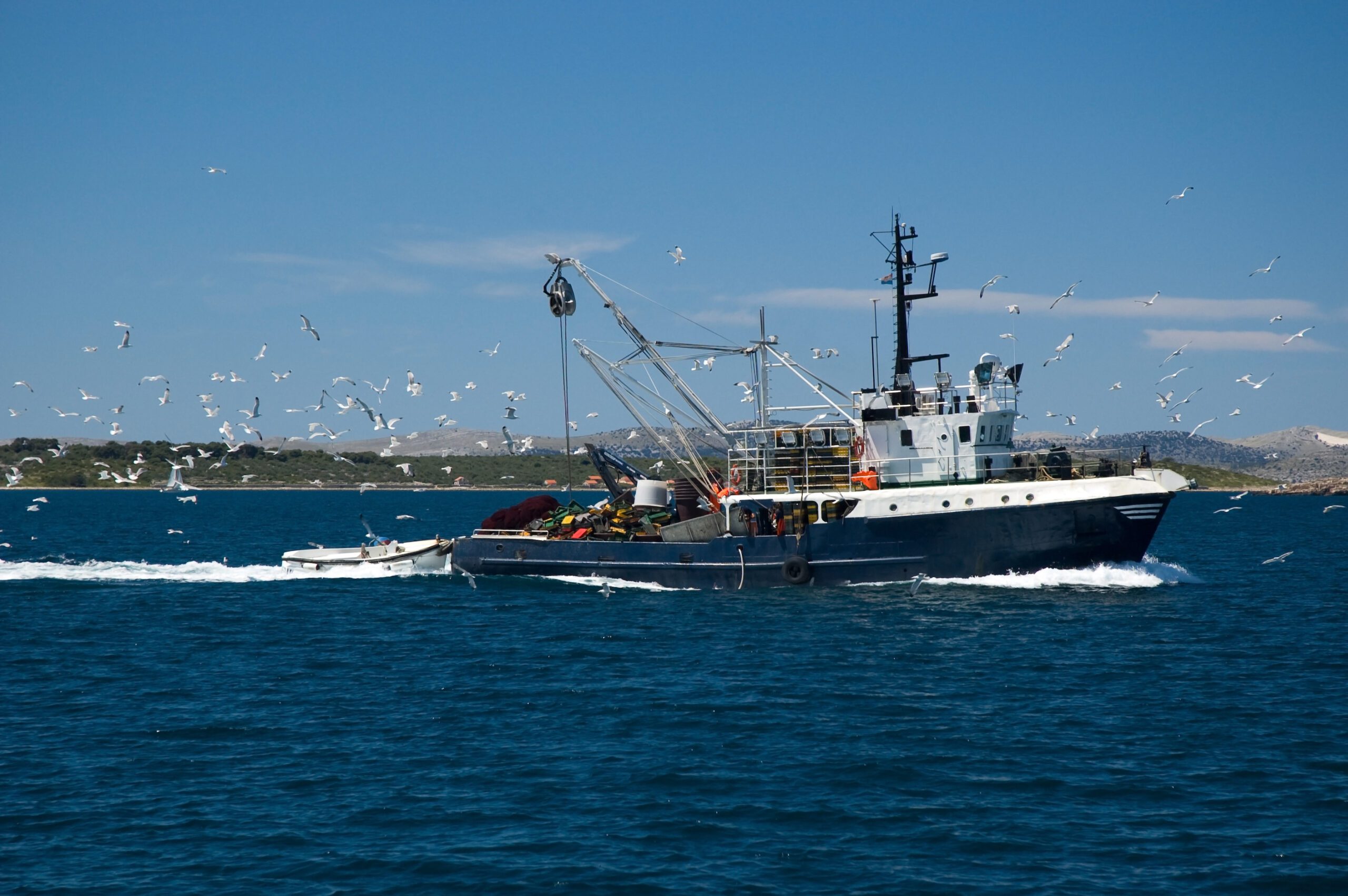
Maritime law in many ways follows international law, especially when issues arise on the high seas. For instance, it is an accepted fact that coastal waters fall under sovereign territory up until 12 nautical miles from the shoreline. Beyond those 12 miles, the waters are international waters.
A major issue with international waters is that those waters fall under the auspices of international law. When there is a sovereign with a legislature, the sovereign can enforce the law if there is a system of law and order within the sovereign. International law, in contrast, lacks the cohesive system of law found in sovereigns. As a result, enforcement of international law can be difficult.
What is more, there is no international legislature backed by law enforcement as there is with sovereigns. Instead, nations sign treaties with each other with which they will cooperate with respect to enforcement and the like. The result of such treaties created international bodies like the United Nations, the International Criminal Court, or ICC, and the International Police, or INTERPOL. While these bodies have headquarters in New York, The Hague, and Lyon, France, respectively, they are based on international cooperation.
For instance, suppose the ICC issues an indictment against someone in a certain country. First, the target country would have to be an ICC member, meaning that it signed the ICC treaty. The United States, for example, is not a member. Second, the ICC needs cooperation from the member countries to act. The member country would need to arrest the target person and bring that person to the ICC for trial. This does not always happen, making enforcement an issue.
The same issues are applicable to international waters. In addition, there is no recognized body that can clarify gray areas, adding to the difficulty of enforcement.
Paul Watson
Paul Watson is someone who presents a challenge due to the lack of enforceability and gray area in international waters. Paul Watson was initially involved with Greenpeace until they expelled him in 1977. Following Greenpeace, Watson started a group called the Sea Shepherd Conservation Society, also known as SSCS.
According to reports, the SSCS sank various ships in international waters over the course of a number of years. The ships were active in the fishing industry. Some were whaling ships. Watson claims that he has the right to sink those ships based on the United Nations Charter for Nature that allows for enforcing the law when “crimes” occur in international waters.
In January 2008, three members of SSCS boarded a Japanese whaling ship that was sailing in the Southern Ocean. There, the Japanese fleet detained the three men. It made international news.
Japan referred to SSCS action as eco terrorism and piracy under the United Nation Convention on Laws of the Sea and under the International Whaling commission. Watson claimed that he had the right to act as he did under the Convention on International Trade in Endangered Species of Wild Fauna and Flora. The next article will explain more.
Are you involved in maritime trade? Contact the Kolodny law firm, maritime attorneys.

